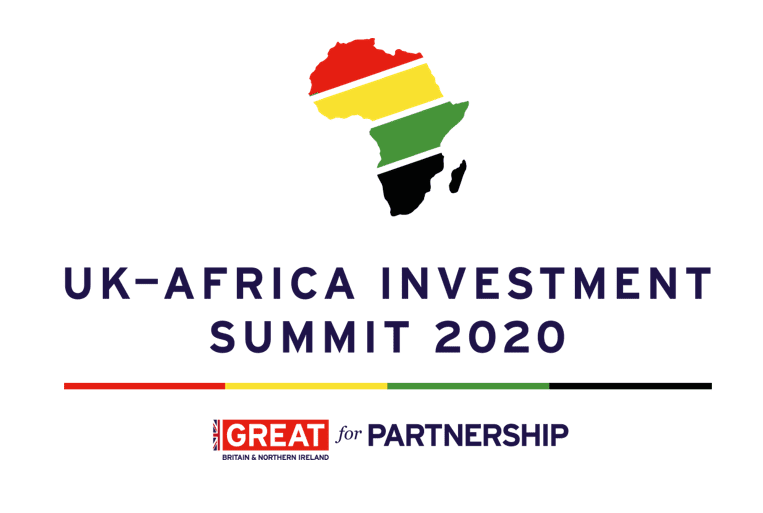That President Cyril Ramaphosa would not be attending the much-touted UK-Africa Investment Summit scheduled for Monday in London might have come as a surprise to some observers.
But to other observers, Ramaphosa’s absence might be explained as a mere sign of summit-fatigue — after attending so many Africa-hyphenated summits that have become fashionable all over the world these days in Asia, Europe and Africa itself.
Observers recall last year’s USA-Africa Summit, China-Africa Summit, Japan-Africa Summit, India-Africa Summit and European-Africa Summit and now the UK-Africa Summit in London this week.
However, for the leader of Africa’s second biggest and most industrialised economy to avoid attending a gathering of such magnitude with fellow African leaders in the capital of what was once the richest and most industrialised world empire may bring up questions than answers.
The goal of these Africa-oriented gatherings, the world is told, is to help the continent rise from its current economic malaise and debilitating poverty in win-win partnerships.
Or as one British government official diplomatically put it, “the UK-Africa Investment Summit will create new lasting partnerships that will deliver more investment, jobs and growth. We want the UK to be the investment partner of choice for Africa.”
While this might be true, the South African president decided that he had better things to do at home with his time than spewing carbon dioxide into the atmosphere with his official jet at a time when Greta Thunberg and her fellow students are travelling by trains and sailboats in order to cut down such emissions as part of their contribution to fighting climate change by reducing carbon footprint.
According to Pretoria, “the President has taken this decision (to skip the London summit) to give attention to pressing domestic priorities and preparations for the governing (African National Congress) party and Cabinet meeting.”
Due to this, the presidency said Ramaphosa would be represented in London by Finance Minister Tito Mboweni and International Relations and Cooperation Minister Naledi Pandor, and other senior government and civil society representatives.
“The President is further currently engaged with preparations towards South Africa’s assumption of the chairmanship of the African Union at the 33rd African Union Summit on 9-10 February 2020.
“The President is confident that the nation will benefit from the participation of the government and civil society delegations in the London events,” the high office said.
Hosted by UK Premier Boris Johnson, the London summit brings together businesses, governments and international institutions to showcase and promote the breadth and quality of investment opportunities across Africa, according to the British organisers.
“The summit will strengthen the UK’s partnership with African nations to build a secure and prosperous future for all our citizens. It will mobilise new and substantial investment to create jobs and boost mutual prosperity,” the organisers added.
According to the UK Africa Investment Summit Envoy Philip Parham, by 2050 over two billion people will live in Africa and one in four global consumers will be African.
“The summit will harness the potential of the continent and create new lasting partnerships that will deliver more investment, jobs and growth and benefit people and businesses across Africa and the UK,” Parham said.
The UK is already a leading investor in Africa, with South Africa alone taking in over US$5.9 in investments two years ago, according to the latest available records, making the Rainbow Nation one of the largest recipients of British foreign direct investment (FDI) in the continent.
On the other hand, South African sales to the UK were topped by minerals and motor vehicles, accounting for 25.1% and 11.9% of total exports, respectively, according to independent agricultural economist and trade policy analyst, Tinashe Kapuya, in Pretoria.
According to Kapuya, the UK went from being South Africa’s eighth largest export market in 2017 to the fourth largest in 2018.
Last year this country exported US$4.3 billion worth of goods to the UK — mainly precious metals, motor vehicles and agricultural products — whereas South Africa imported $2.9 billion worth of goods from Britain, the economist noted.
However, as the African delegations land in London, they will not able to miss the huge cloudy skies of Brexit hanging over the country’s economic future, especially with their African trading partners.
What one hopes, before returning home, is for the African leaders to secure assurances from Johnson — who is known to make disparaging remarks about Africans and their lack of economic management skills that has led the continent continue sinking deep into the quick sand of poverty – to invest in Africa’s much needed transport infrastructure.
For without this much needed asset, trading with the UK — or within Africa itself — would continue to remain a great challenge, particularly for the 16 landlocked African states.
Of course, the British are no strangers to the continent. They have been all over the continent for centuries, grabbing human and material resources to ship them home to develop their country.
During these centuries of occupation and slave trading, the British neglected to develop Africa’s much needed infrastructure. So what would make them do so now – 52 years after Ghana’s political independence?
Well, that’s what the African leaders and their hosts — without Ramaphosa in attendance — would need to figure out when the two sides summit in London on Monday.
NM/abj/APA


